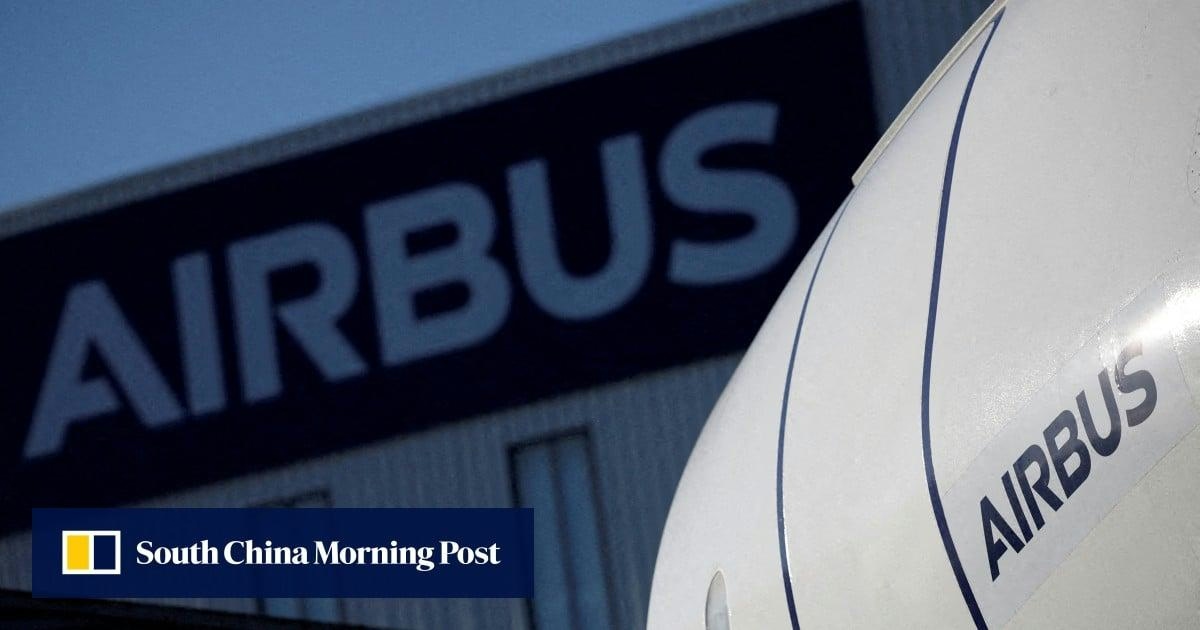
Smarter email, faster business.
Trending
Qatar Signs $96 Billion Deal to Purchase Boeing Aircraft

Qatar Signs $96 Billion Deal to Purchase Boeing Aircraft
Qatar has finalized a landmark agreement to acquire $96 billion worth of aircraft from Boeing, representing one of the largest transactions in aviation history. This deal underscores the Gulf nation’s strategic ambition to expand its presence in the global aviation sector. Unveiled this week, the agreement is anticipated to significantly alter the competitive dynamics of the commercial aircraft market, drawing positive attention from industry experts and financial markets alike.
Boeing’s Strategic Victory Amid Intense Competition
The deal, hailed by both Qatar and Boeing as “historic,” arrives at a time when global air travel demand is experiencing a robust recovery. Boeing’s success is particularly notable given the fierce competition with Airbus, the European aerospace leader. Industry analysts suggest that Airbus may respond with competitive offers to maintain its foothold in the Middle Eastern market, which is becoming increasingly vital for aircraft manufacturers. Qatar’s substantial order could also encourage other regional airlines and state carriers to pursue similar large-scale acquisitions, potentially accelerating innovation and investment within the sector.
Market Impact and Broader Implications
Following the announcement, Boeing’s shares rose, reflecting renewed investor confidence after a period marked by production challenges and safety concerns. The agreement is widely interpreted as an endorsement of Boeing’s latest aircraft models, which emphasize enhanced fuel efficiency and reduced operating costs—critical factors for airlines navigating fluctuating energy prices and heightened environmental regulations.
For Qatar, this purchase aligns with its broader strategy to establish itself as a premier global aviation hub. Qatar Airways, the nation’s flagship carrier, has expanded its international network significantly in recent years, and the new fleet additions will support further growth and modernization efforts. The deal also reinforces economic ties between Qatar and the United States, with officials from both countries recognizing the agreement as a milestone in bilateral trade relations.
Industry Challenges and Future Outlook
Despite this major order, Boeing continues to face significant challenges. Airbus remains a formidable competitor, and industry insiders anticipate that the European manufacturer will intensify efforts to attract other Gulf carriers through competitive offerings. The repercussions of Qatar’s deal are expected to influence fleet procurement strategies across the region, as airlines reassess their supplier relationships amid a rapidly evolving market.
Analysts emphasize that the successful execution of this agreement will be crucial. Boeing must demonstrate its capacity to deliver the large volume of aircraft on schedule while meeting Qatar’s stringent quality and performance standards, testing the resilience of its manufacturing and supply chain operations.
Qatar’s $96 billion commitment to Boeing not only signals confidence in the future trajectory of global aviation but also establishes a new benchmark for industry agreements. As competitors evaluate their responses and markets adjust, this deal is set to shape aircraft procurement strategies worldwide in the months ahead.
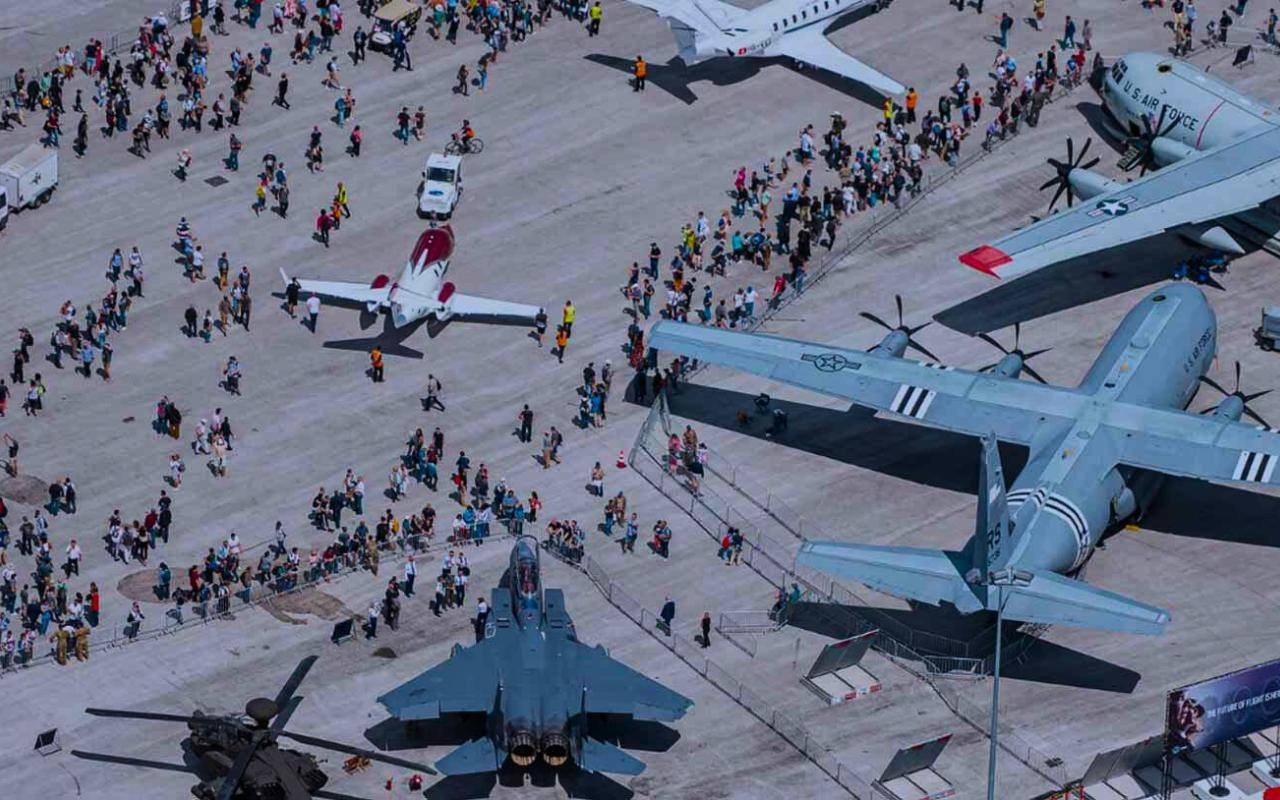
Dubai Airshow 2025 Reveals Main Agenda and Activities
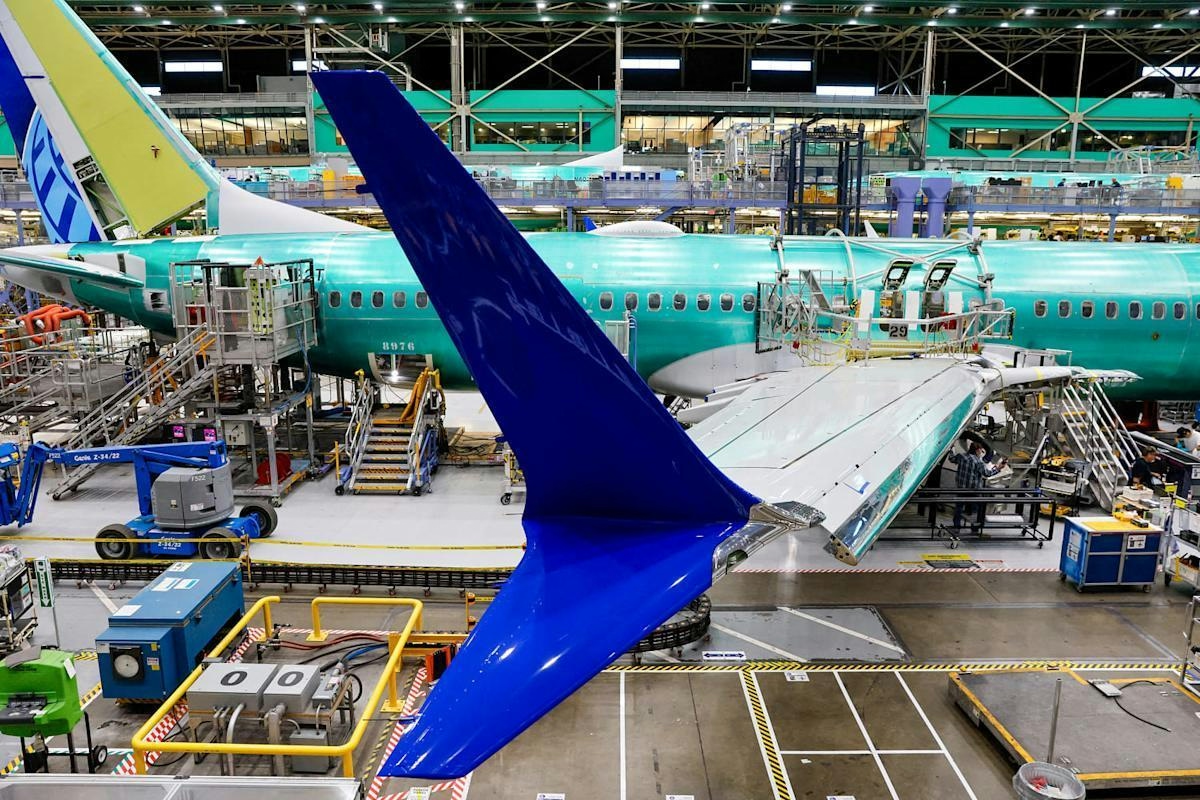
Willis Lease Finance: A Strategic Play in Aviation Leasing Amid Near-Term Volatility
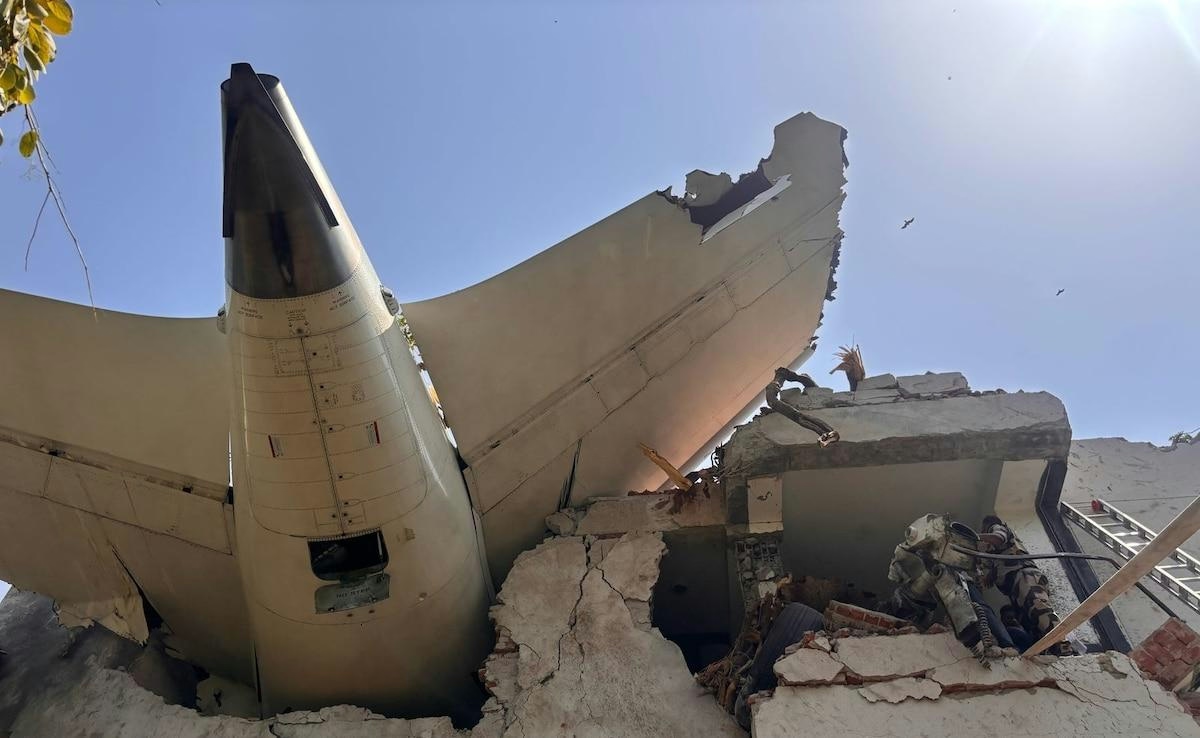
AI-Generated Content Spreads Misinformation After Air India Crash

Covington Aircraft Engines to End Radial Engine Production in 2025
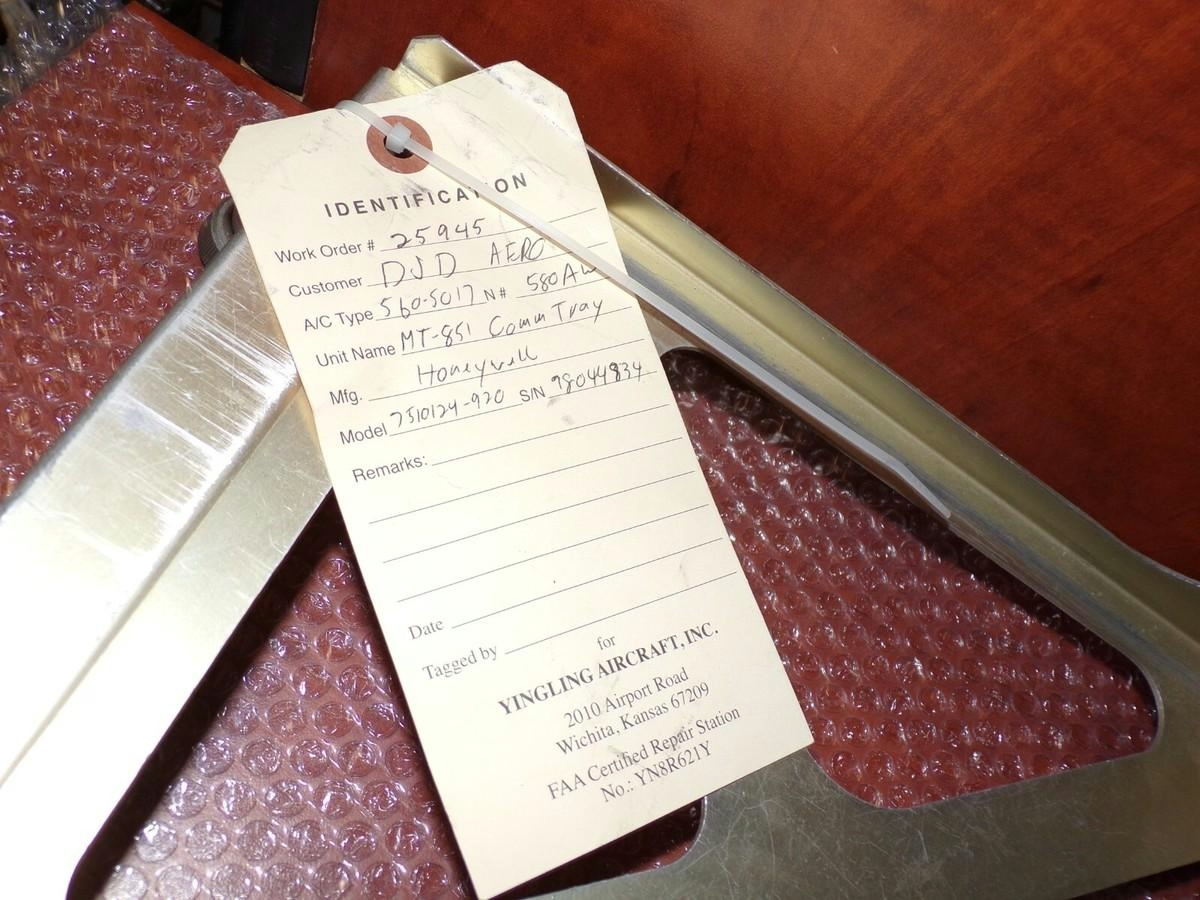
Yingling Aviation Named Authorized Honeywell Dealer
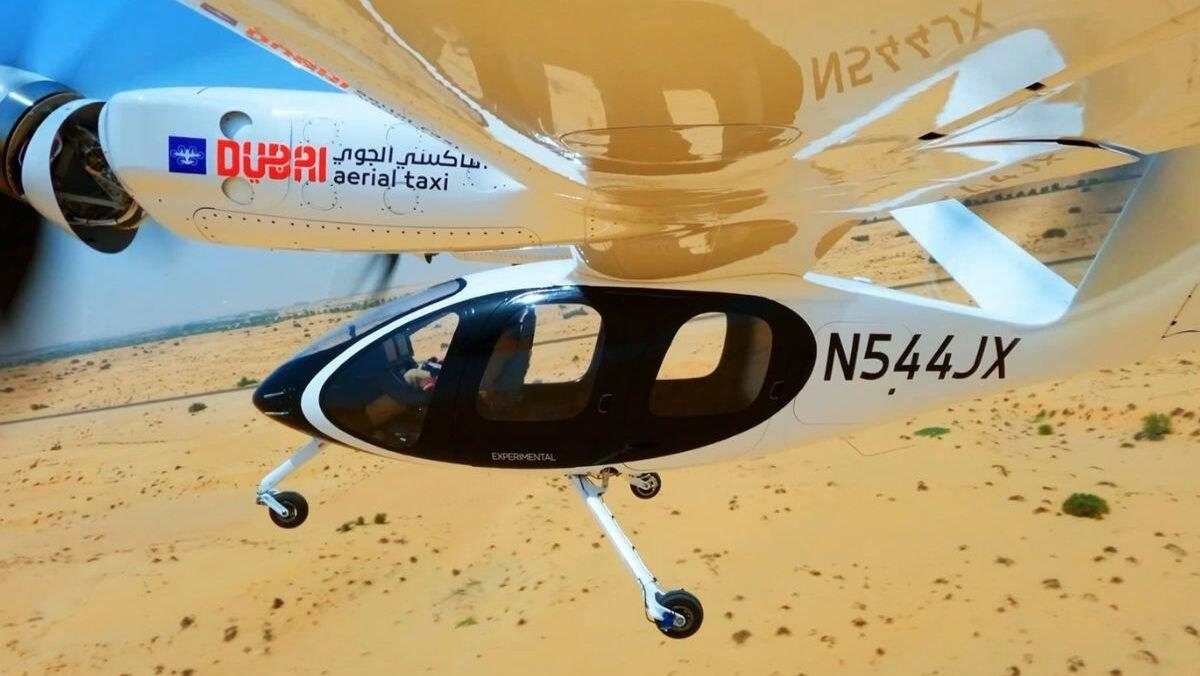
Does Joby Aviation's Milestone in Dubai Point Toward Further Growth?
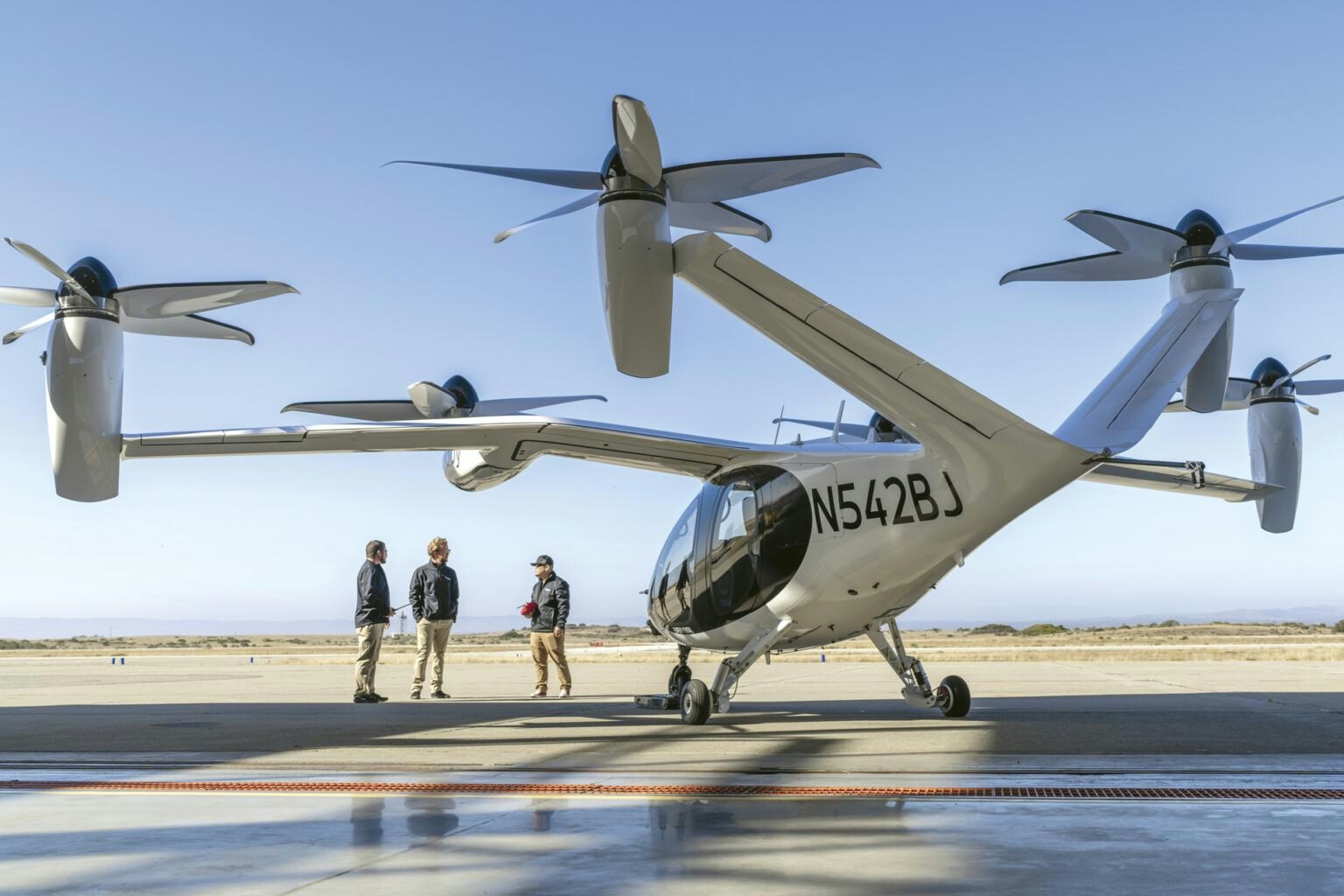
New Invention Promises to Eliminate Airplane Emissions in Country
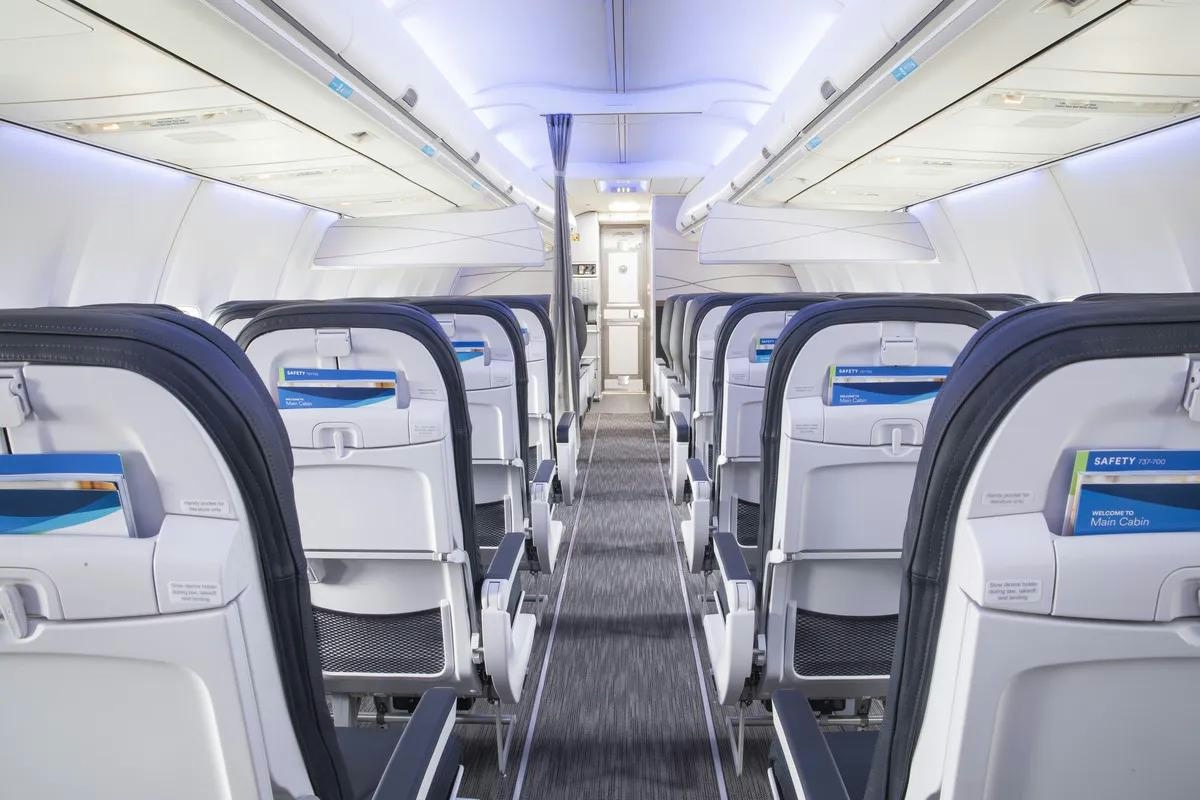
Key Questions on Chinese Travel, AI, and Airlines Answered by Skift
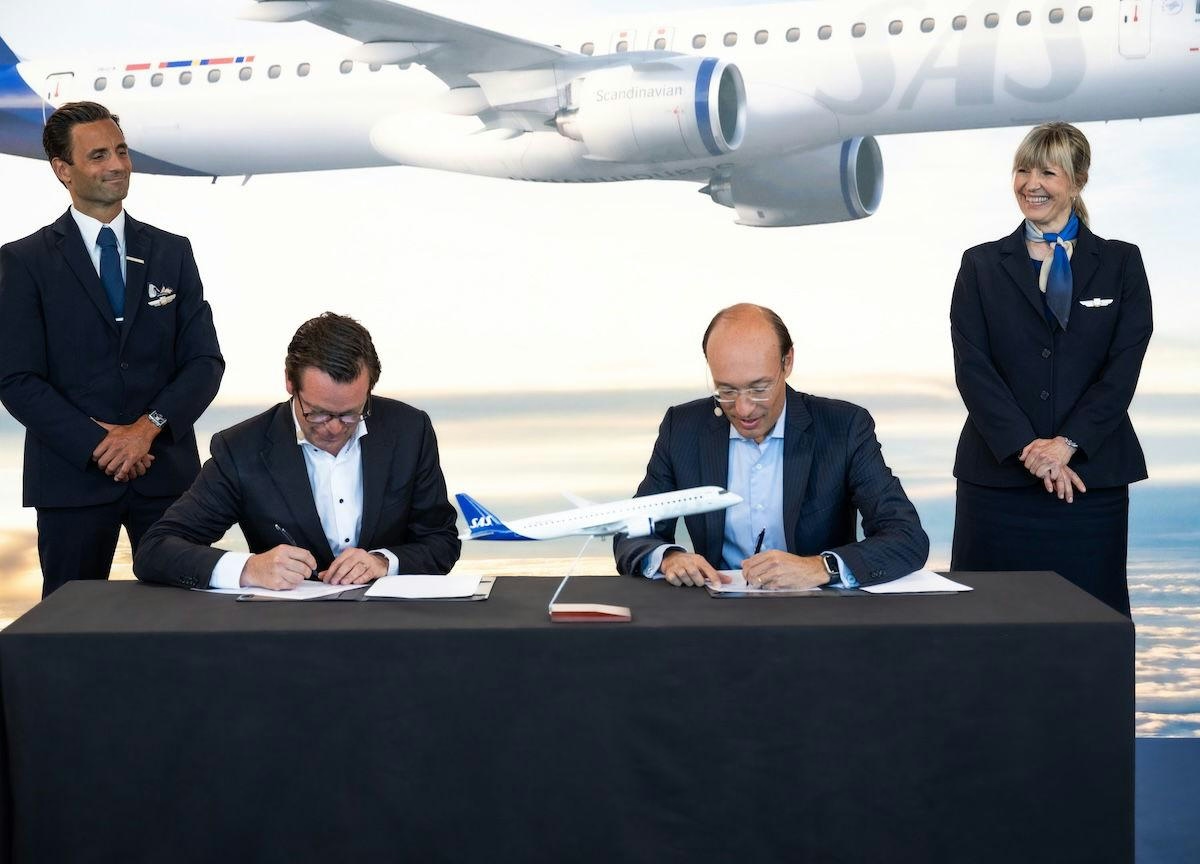
SAS Orders Up to 55 Embraer E195-E2 Jets
